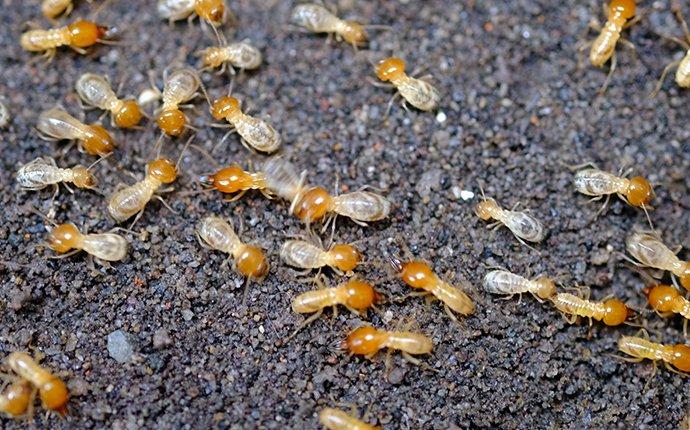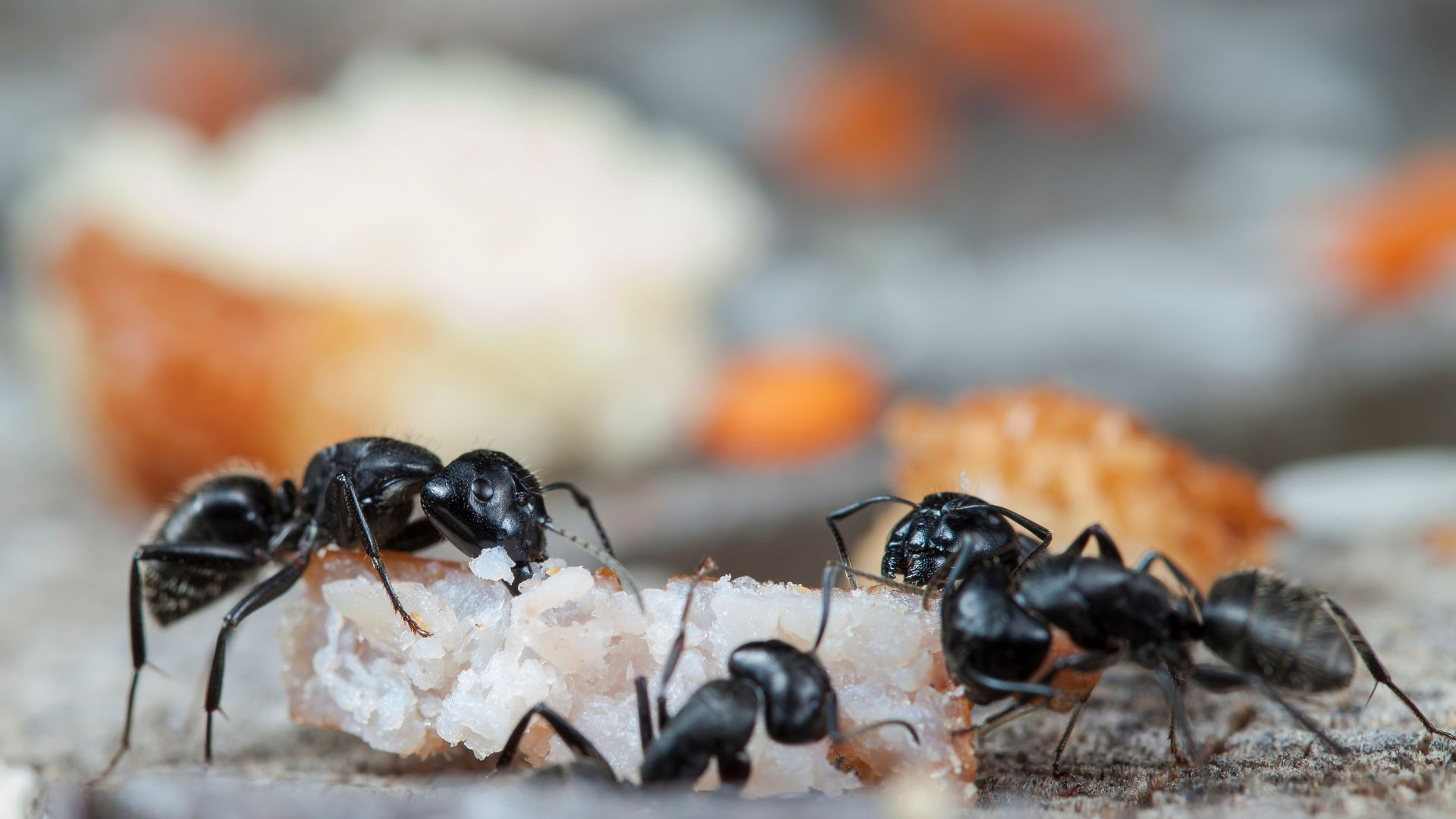Professional Termite Control Services: Protect Your Home from Termite Damage
Wiki Article
Ecological Effect of Pest Control: Harmonizing Efficiency With Sustainability
The environmental influence of bug control is an essential concern that requires a fragile balance in between accomplishing performance in taking care of parasites and making certain sustainability of our environments. As we strive to protect our crops, homes, and wellness from the hazards postured by parasites, the approaches we employ can accidentally damage the environment. From making use of hazardous chemicals that permeate into our dirt and water to the unintended consequences on non-target species, the repercussions of traditional pest control practices are significant. There are emerging approaches that use hope for a more sustainable method to pest management. These solutions not just goal to resolve the prompt parasite problems however likewise think about the lasting wellness of our world.Harmful Chemicals in Bug Control
The use of unsafe chemicals in bug control presents significant ecological and health and wellness risks that warrant cautious factor to consider and reduction techniques. Pesticides, herbicides, and insecticides are commonly made use of to get rid of parasites, however their extensive application can result in unintentional repercussions. These chemicals can contaminate soil, water resources, and the air, influencing not only the targeted insects but also helpful bugs, wildlife, and humans.
To resolve these risks, integrated bug monitoring (IPM) strategies are being advertised as a much more sustainable alternative. IPM involves a combination of methods such as biological control, habitat manipulation, and the targeted usage of pesticides as a last hope (ant control unionville nc). By taking on a holistic approach to pest control, we can reduce the environmental and health and wellness effects connected with unsafe chemicals while effectively managing pest populations
Influence On Non-Target Species
Taking into consideration the unexpected repercussions of pest control techniques, the impact on non-target varieties is an essential element that calls for complete assessment. While parasite control procedures intend to target certain pests, other organisms in the environment might be accidentally influenced. Non-target varieties, including helpful pests, birds, mammals, and even plants, can suffer indirect or direct harm from pesticide applications or organic control methods.Pesticides made to fight a specific bug pest may hurt pollinators like bees or natural killers such as ladybugs. Biological control representatives, if not species-specific, can present dangers to unplanned targets, interrupting the eco-friendly equilibrium.
To mitigate the influence on non-target types, integrated insect administration (IPM) techniques that highlight an alternative method to pest control are recommended. These methods prioritize the use of environmentally friendly practices, reducing damage to helpful organisms while properly managing pest populations. Carrying out complete danger evaluations and monitoring the end results of parasite control initiatives are important steps in guarding non-target types and promoting general ecosystem health.
Dirt and Water Contamination
Unintentional ecological repercussions of insect control approaches prolong past influencing non-target types, with substantial implications for soil and water contamination. Pesticides, herbicides, and chemical plant foods made use of in insect control can seep right into the dirt and contaminate groundwater, presenting a hazard to both earthbound and water communities. Dirt contamination can disrupt the equilibrium of bacteria vital for nutrition cycling and plant growth, causing reduced soil fertility and performance. These chemicals can continue in the setting for extensive periods, building up in the dirt and possibly getting in the food chain.Water contamination is one more crucial problem associated with parasite control techniques. To alleviate dirt and water contamination from parasite control tasks, incorporated bug administration strategies that focus on sustainability and lessen chemical inputs are important.
Air Air Pollution From Chemical Usage
Direct exposure to air-borne chemicals throughout farming applications postures a significant issue for air contamination control actions. Additionally, pesticide drift, where pesticides are brought by the wind to unintended areas, can lead to the contamination of nearby ecosystems and water bodies.
Methods for Lasting Pest Control
In the realm of agricultural techniques, implementing sustainable insect control approaches is paramount for preserving eco-friendly balance and protecting plant returns. Sustainable bug control emphasizes making use of eco-friendly methods to take care of bug populaces effectively while decreasing injury to non-target microorganisms and environments. Integrated Pest Management (IPM) is a commonly adopted approach that integrates biological, cultural, physical, and chemical control approaches to achieve lasting parasite monitoring options.Plant rotation and diversity are likewise reliable techniques to interrupt pest life cycles and create much less favorable problems for pests to thrive. Inevitably, by incorporating these lasting parasite control strategies, farmers can achieve an equilibrium between pest management efficiency and ecological stewardship.
Conclusion
To conclude, the ecological impact of bug control methods should be carefully thought about to stabilize performance with sustainability. Damaging chemicals made use of in pest control can result in dirt and water contamination, air contamination, and injury non-target varieties - ant control services. It is critical to implement sustainable insect control approaches to minimize these negative effects on the atmosphere and advertise a much healthier ecological community for future generationsBy adopting a holistic method to pest control, we can reduce the ecological and health and wellness influences linked with unsafe chemicals while effectively managing pest populations.

To reduce the air pollution created by chemical use, it is important to adopt integrated insect management approaches that focus on the use of non-chemical pest control methods, such as plant rotation, all-natural killers, and resistant plant selections. Lasting bug control emphasizes the use of environmentally pleasant techniques to manage insect populaces successfully while minimizing injury to non-target microorganisms and communities. Integrated Pest Monitoring (IPM) is a widely taken on approach that incorporates organic, social, physical, and chemical control approaches to achieve long-term insect administration remedies.
Report this wiki page